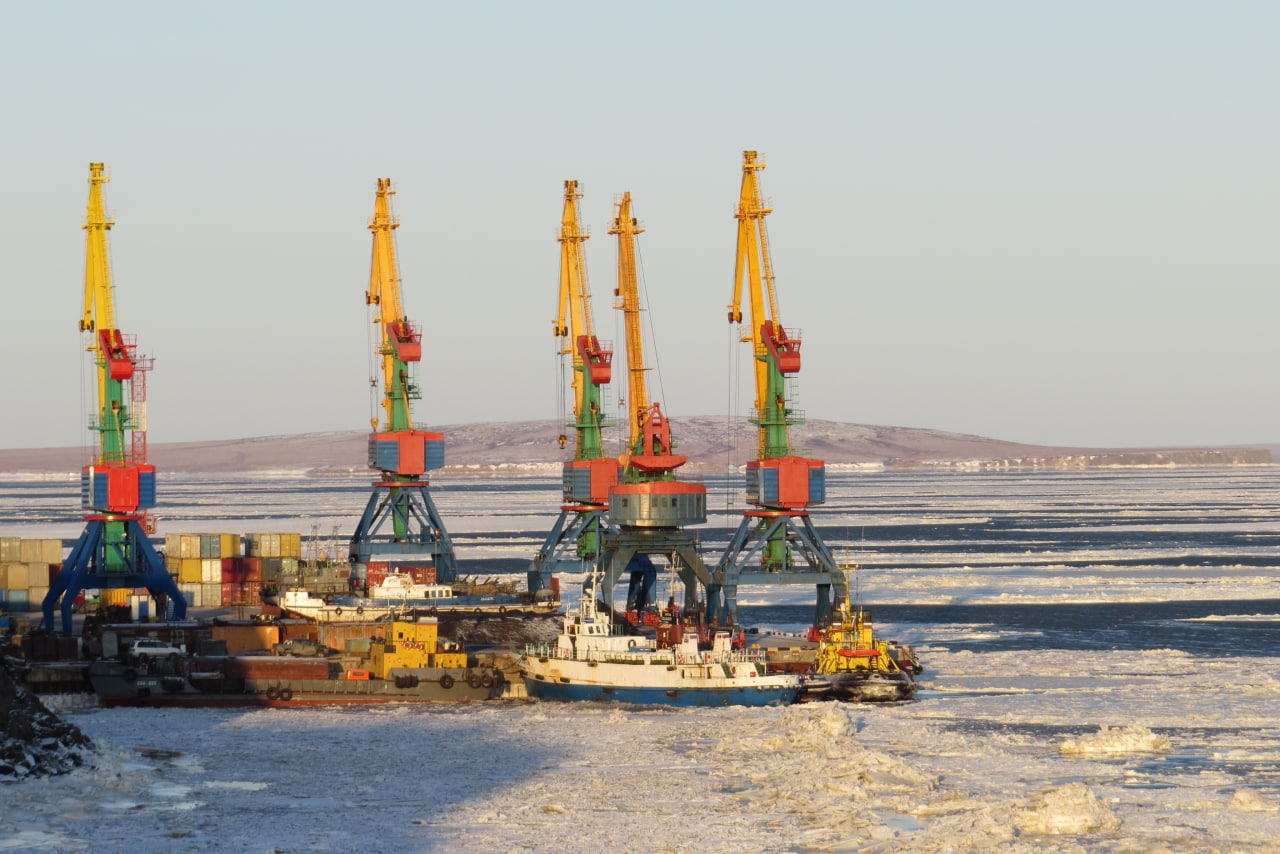
Sanctions under ice: how Western restrictions will affect mining in the Arctic
At the end of June, the EU Council approved the seventh package of sanctions against Russia. Europe's restrictions raise the question of how they will affect the development of the Arctic. The region where a quarter of domestic oil reserves and more than 70% of gas are located. The editorial board of "Made in Russia" talked about this with Alexander Stotsky, General Director of the Arctic Development Project Office.
- Alexander Ivanovich, is the import dependence of Arctic technologies great in 2022? Has it decreased?- The Russian Arctic has existed under sanctions since 2014.
Sectoral restrictions on the supply of equipment for the extraction of hydrocarbons have led to the development of import substitution. Since 2014, there has been a significant development of the national market of suppliers and contractors, which gives tangible results in terms of technological sovereignty. According to the Association of Contractors of Arctic Projects, in 2014 the level of import dependence in the oil and gas industry was 60%, in 2020 it decreased to 48%, and in today's conditions the rate of import substitution is growing much faster. Other experts give even more optimistic estimates.

- I wonder if the dependence of the Arctic oil and gas industry on imports of high-tech equipment, such as seismic exploration, is decreasing?-In fact, Russia has unique technologies for the development of deposits in the harsh conditions of the Arctic, geological exploration, LNG production in high latitudes, such as the Arctic Cascade.
The projects "Prirazlomnoye", "New Port", "Yamal LNG" use unique competencies, so that import dependence in the oil and gas sector is quite small. As for the extraction of non-hydrocarbon raw materials, of course, the dependence is somewhat greater, but it is also not critical: many engineering solutions for Arctic enterprises are unique, developed back in Soviet times. An elementary example of Arctic know-how is the Russian icebreaking fleet and other developments of Rosatom, in particular, the Akademik Lomonosov NPP.
- What difficulties do you have to overcome to replace foreign equipment in the Arctic zone?- First of all, this is the lack of analogues of the equipment of the domestic manufacturer itself, as well as the increased costs of transporting any cargo.
However, the state supports import substitution: the Ministry of Industry and Trade of Russia provides assistance in carrying out research and development work, engineering and organization of production at Russian machine-building enterprises, equipment and components for Arctic enterprises. In the Krasnoyarsk Territory, for example, there is a mechanism for encouraging reverse engineering, applications for which are accepted by the regional agency for technological development. I know that the leading enterprises of the Arctic regions are also considering the import of equipment and components from Belarus and Kazakhstan.

- Are Russian manufacturers ready to supply high-tech equipment to the Arctic? Are there enough domestic resources to provide equipment for the Arctic zone?- Some equipment has been supplied for a long time.
I can mention the developments of the Kola Scientific Center of the Russian Academy of Sciences, the work of scientific and educational centers that operate in SAFU (Arkhangelsk), NEFU (Yakutsk). New materials suitable for operation at extremely low temperatures are being developed there. A new Russian digitalized steam turbine was tested at the Arkhangelsk Pulp and Paper Mill this spring. The company "F-MotorSport" is engaged in the production of self-propelled vehicles for the delivery of personnel and cargo with a load capacity of up to 2.5 tons at Arctic enterprises.Transmashholding supplies diesel electric engines for icebreakers. There are many such examples. However, in the new sanctions reality, all this is certainly not enough. Comprehensive support of scientific and technical developments from the state is needed, starting with the support of education in engineering specialties and ending with tax preferences for manufacturers of equipment in demand in the Arctic and state orders.
Read more interesting news in our Telegram channelAuthor: Olga Paramonova
Made in Russia // Made in Russia
#made by Russia